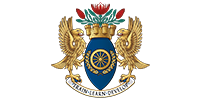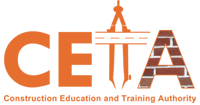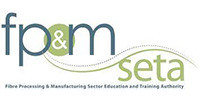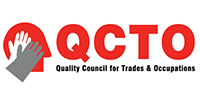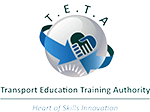First aid training is a valuable skill as a general rule, but also a requirement before you can enter certain professions. Tattoo artists, for instance, need a level 2 first aid certification and CPR training, in addition to completing a bloodborne pathogen course. These are required by law and regulated under the by-laws of medical waste management in South Africa.
People often forget that as a tattoo artist, you are working with blood – and as such, need to know how to handle proper safety and hygiene protocols both whilst tattooing and after. Additionally, you need to be prepared for any reactions people may have to getting tattooed. Whether it is an allergic reaction or a client fainting – first aid training is crucial in these situations. In this article, we will break down the necessities of first aid training and the consequential risks of becoming a tattoo artist. We will also explore how both EMCARE’s first aid training Course and HIV/AIDS Awareness Course equip you for this profession.
- Working With Blood
The most logical reasoning for why tattoo artists need first aid training is their profession’s hands-on involvement with blood and needles. Tattoo artists are breaking the skin barrier and essentially creating an open wound during the tattooing process. As such, there is a necessity to know the procedures for using needles and the proper risks and potential hazards that can occur when working with blood. You want tattoo artists to know and respect the dangers of bloodborne pathogens, possible infections and how to respond to emergency scenarios.
Modules In EMCARE’s First Aid Training Related To Blood
At EMCARE we provide extensive knowledge in our first aid training courses. If you want to become a tattoo artist, you will need a level 2 first aid certificate. Here’s what you will learn in our second-level first-aid course related to blood:
- Principles of emergency care and safety: you will learn general practices that make you more aware and conscious of the steps you follow before and after tattooing.
- Wounds and bleeding: you will be able to tell if something is going wrong in your session if a client is bleeding too much and give proper after instructions for them to clean their tattoos – which is an open wound.
- Dispose of hazardous materials: as a tattoo artist, you deal with hazardous materials like needles. You will learn the best protocols to prevent cross-contamination and properly clean your station.
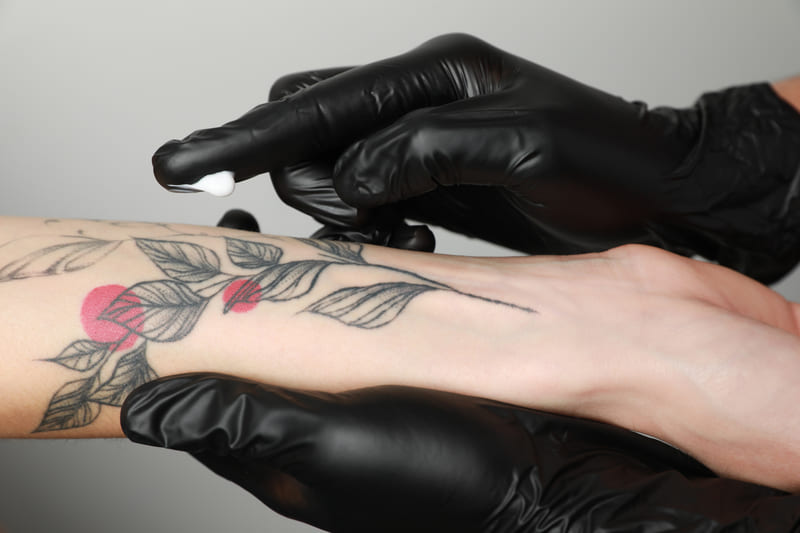
Applicable Modules In EMCARE’s HIV/AIDS Awareness Course
In addition to regular first aid, EMCARE offers a course in HIV and AIDS awareness. This course is a
valuable asset in South Africa, which has a high risk for both. Knowing the correct information, and
not discriminating against potential clients is crucial to a fair and safe workplace. This course is
extensive and includes training on blood safety, common misconceptions, transmission and occupational health
and safety as per HIV/AIDS policy – amongst a myriad of other skills and knowledge. -
Hygienic Practices
Tattoo artists need extensive hygiene, health, and safety knowledge. As we know, working with blood
requires
hygienic practices to protect others from risk and contamination, but practicing safe hygiene
protocols also
protects you. As a tattoo artist, you should always be using gloves, using cleaners and
disinfectants
between clients, sterilizing your tools, and possessing disposable tools like gauzes, facemasks, and
needles.Modules In EMCARE’s First Aid Training Related to Hygiene
Safety practices need to be followed at every single step of the tattooing pre-care, during the task
and after-care. At EMCARE you will learn the following valuable skills.-
Emergency care equipment: you will learn how to work with disposable equipment, how
to sterilize your
tools and workspace and what equipment you should have in place to ensure protocols and
legislation are
being followed.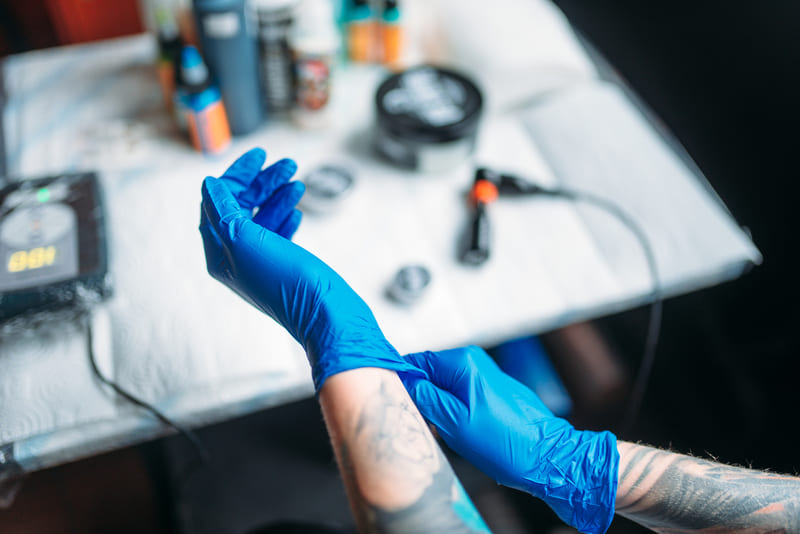
-
Emergency care equipment: you will learn how to work with disposable equipment, how
-
Emergency Response
Tattooing poses a variety of risks as everyone’s bodies work differently. Being able to respond
appropriately and quickly to crises ensures the protection and safety of your clients. Knowing CPR,
for
instance, is the difference between life and death and a requirement by law in order to get your
tattoo
license. It is always better to be prepared for an emergency in situations where you work closely
with
people.Modules In EMCARE’s First Aid Training Related to Legislation
These are crucial emergency responses you will learn in first aid training with EMCARE.
-
CPR: cardiopulmonary resuscitation (CPR) training will help you learn how to pump
blood and aid oxygen
flow. Knowing what to do when someone’s heartbeat stops or beats ineffectively is crucial in
moments of
distress. -
Environmental illnesses and injuries: being aware of your environment and the
potential harm, and
solutions to that harm make you more experienced in handling any sudden injury -
Chest pain, diabetes, epilepsy, and convulsions: these conditions all are, and can be
related to blood
flow. Knowing the difference between fainting, seizures and convulsions can make sure you
are giving the
correct kind of care in an emergency. -
Elementary and applied anatomy and physiology: knowing about the human body not only
can help you in
emergency situations, but most artists study anatomy to help them draw and create
realistically. A skill
that is both practically and artistically valuable.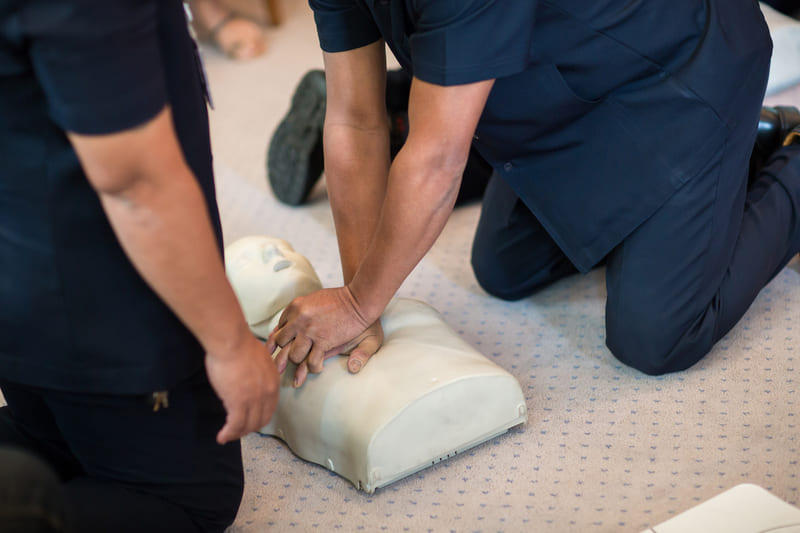
-
CPR: cardiopulmonary resuscitation (CPR) training will help you learn how to pump
First Aid Training With EMCARE
First aid training is a crucial element of becoming a tattoo artist. When doing your first aid training with EMCARE, you are learning everything you need to know ethically to care for your clients – but also meeting the requirements of South Africa’s Medical Waste Management and Occupational Health and Safety legislation. As a leading training centre in South Africa, the certificate you receive after training is reputable and recognized by DOL, DME, FPMSETA and HWSETA – and is valid for 3 years after completion. Don’t hesitate to sign up and learn the skills you need to start your tattoo artist journey.





